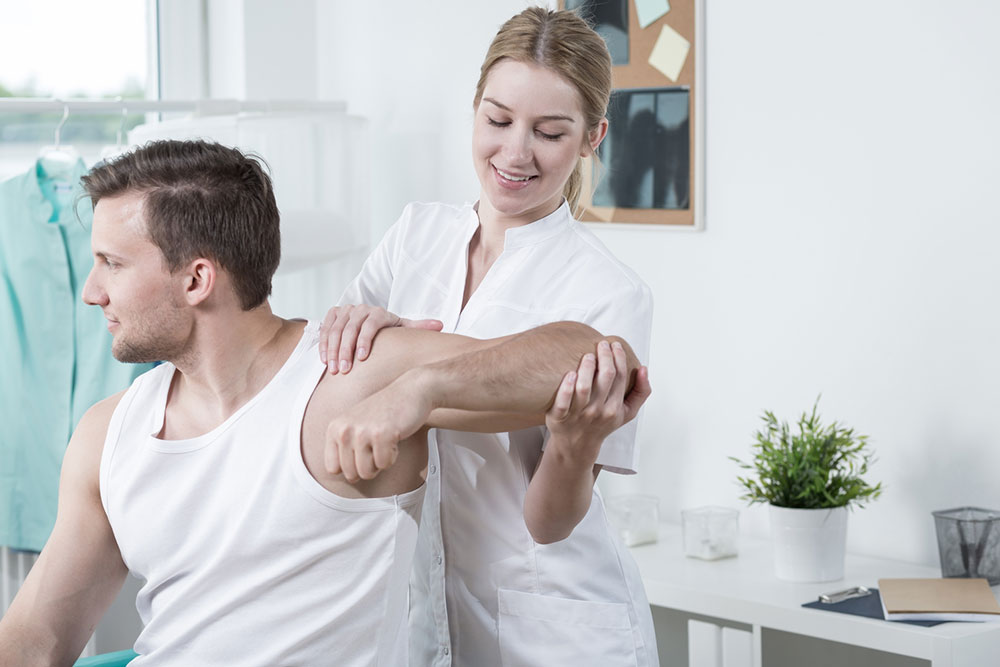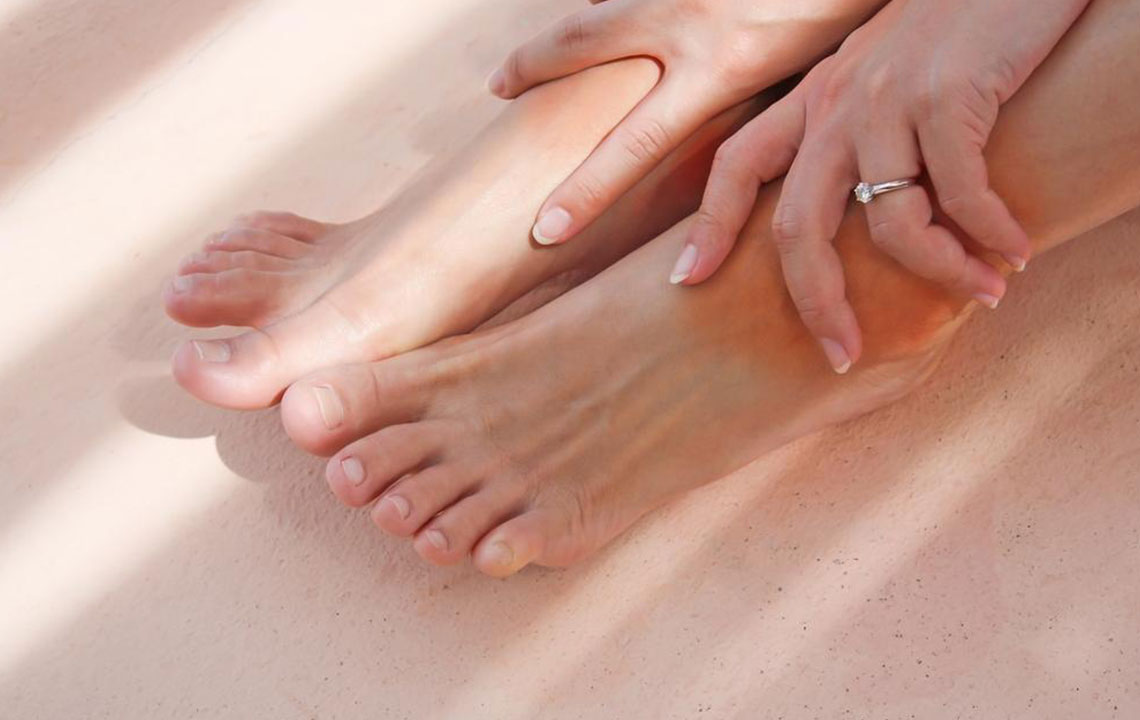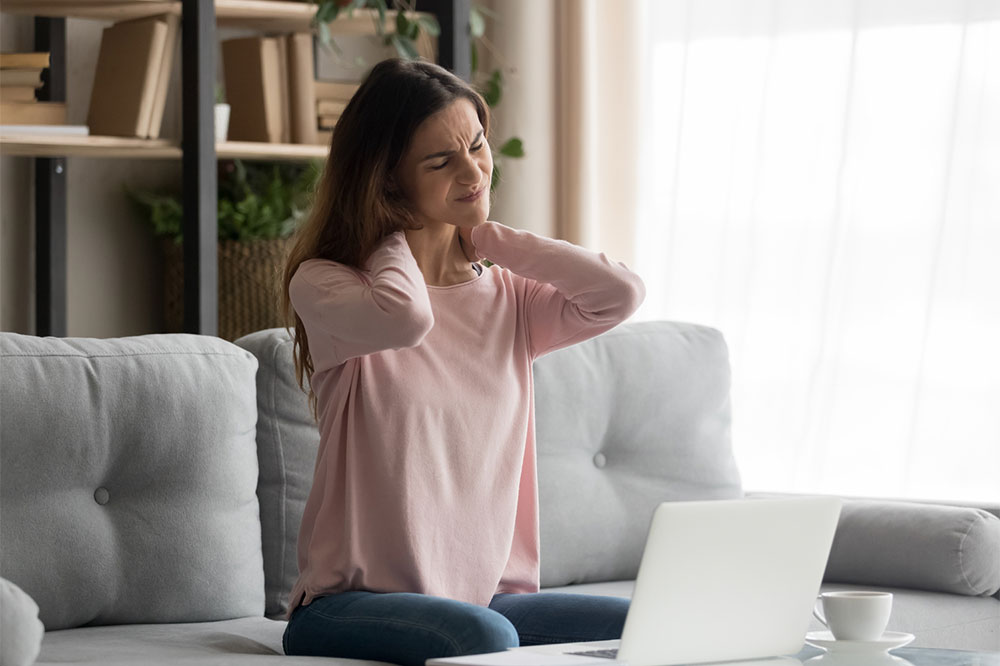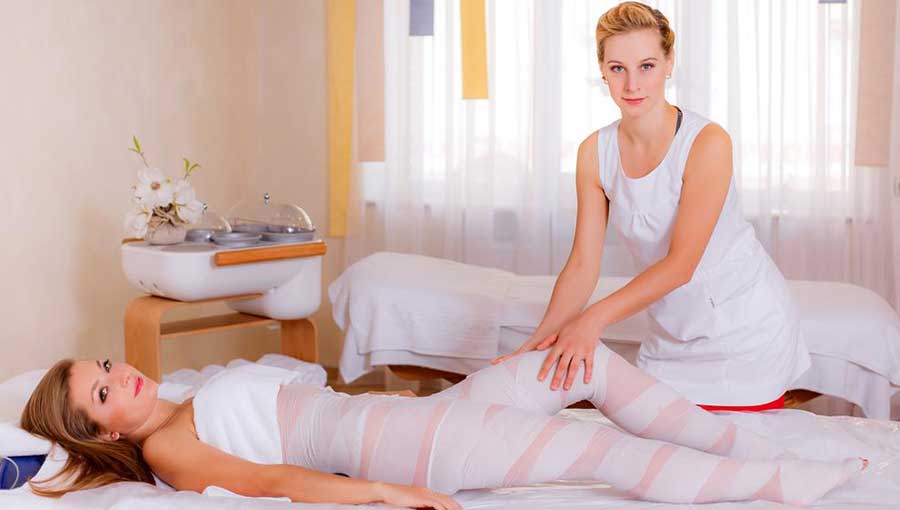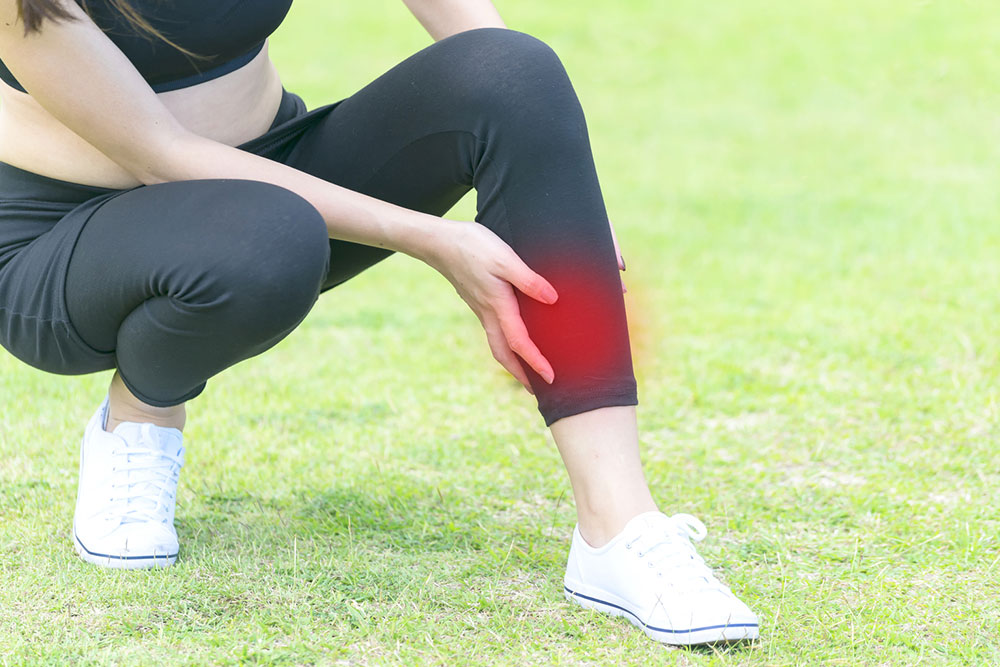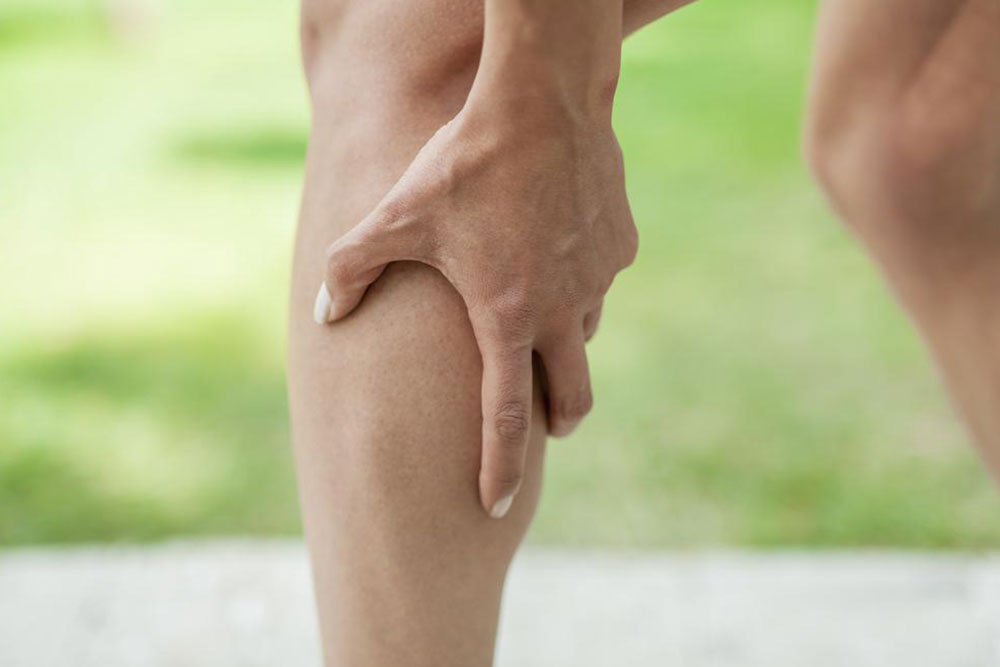Understanding and Managing Muscle Spasms: Causes, Remedies, and Prevention
Discover the causes, effective treatments, and prevention strategies for muscle cramps. Learn how hydration, proper nutrition, stretching, and home remedies can help manage and prevent involuntary muscle spasms for better muscle health and comfort.
Sponsored
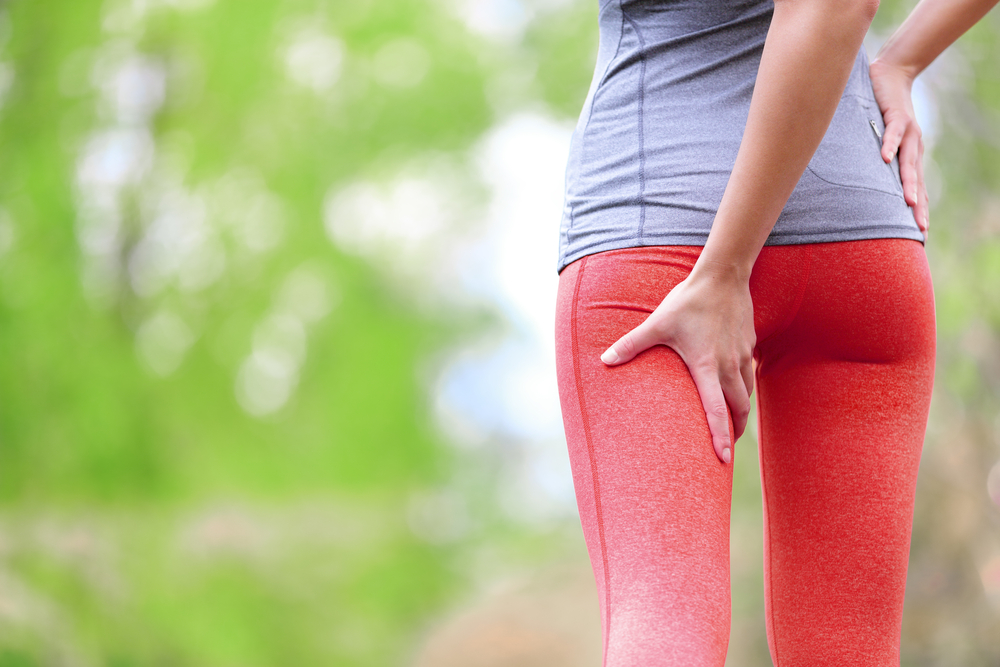
Muscle spasms – Causes, treatment options, and preventative measures
Muscle spasms are involuntary contractions where a muscle tightens uncontrollably and cannot relax. These spasms often occur in muscles controlling movement such as those in the legs and arms, especially during activity, but can also affect muscles supporting the posture of the neck, head, and trunk. When a muscle or its fibers contract suddenly and sustain the tension, it results in a spasm or cramp. Clinically, muscle cramps often appear as hard, visible lumps within the muscle.
What triggers muscle cramps?
The exact causes of muscle cramps are sometimes unclear, but several factors are known to contribute, including:
Muscle strain from injury, overexertion, or vigorous activity
Exposure to cold environments or water
Pregnancy, particularly in later stages, due to mineral imbalances like magnesium and calcium deficiency
Sleeping in awkward positions with legs bent or contracted
Extended periods of sitting
Underlying health issues such as circulatory problems, thyroid disorders, multiple sclerosis, or kidney conditions
Insufficient intake of vital minerals like calcium, potassium, and magnesium
Use of medications such as birth control pills, corticosteroids, diuretics, statins, or antipsychotics
Dehydration leading to fluid loss
How to effectively treat muscle cramps?
To alleviate cramps quickly, consider these methods:
Prioritize self-care through stretching and gentle massage
Maintain proper hydration
Consult healthcare providers for medication if cramps are frequent and disrupt sleep
Home remedies for muscle cramp relief include:
Stretch and gently massage the affected muscle to promote relaxation
Apply heat with a heating pad or warm cloth, or take a warm bath or shower to soothe the muscle
Use cold compresses or ice massage for pain relief
Supplements like vitamin B complex may support muscle health
Avoid overtraining; rest is crucial
Consuming pickle juice can quickly alleviate cramps due to its electrolytic properties
Consistent hydration by drinking plenty of water helps prevent cramps and promotes overall health
Preventative tips for muscle cramps include:
Staying well-hydrated throughout the day
Limiting alcohol and caffeinated beverages
Eating balanced, mineral-rich foods
These steps can significantly reduce the likelihood of experiencing muscle cramps and contribute to overall muscular health.
